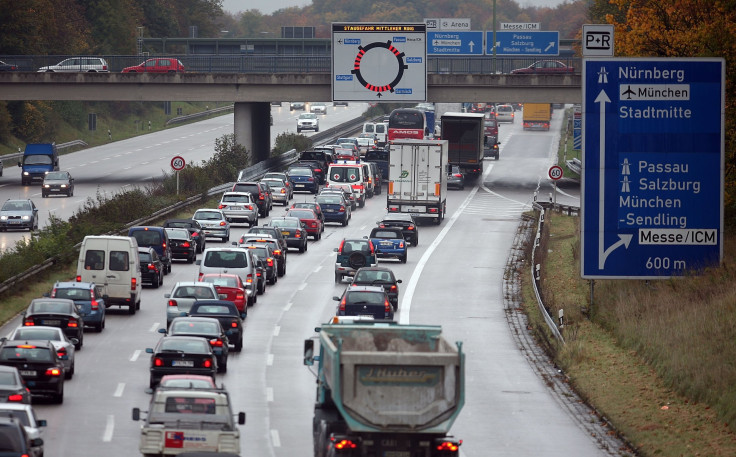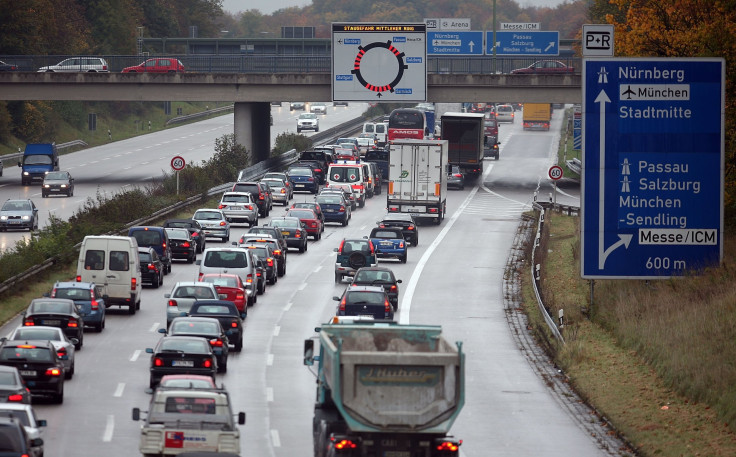Is Driving Bad For The Environment? Germans Urged To Give Up Cars For Lent

German officials have asked citizens to think outside the box and stray from their traditional routine this Lent. Instead of giving up any of the usual vices like swearing or unhealthy foods, the Federal Environmental Agency (UBA) urged drivers to take a 40-day hiatus from their cars in an effort to combat carbon emissions and soaring pollution levels throughout the country.
While it might be more feasible for those who travel shorter distances, Barbara Hendricks, the Minister for Environmental and Nature Conservation said just a slight effort could make a difference.
“We could change our perspectives if we are totally aware and at least during the fasting season switch to other forms of transportation,” she told Germany’s The Local.
Transportation is one of the most significant sources of emissions that cause global warming throughout the world. For every single gallon of gas extracted and burned, 24 pounds of carbon dioxide and other global warming gases are emitted, according to the Union of Concerned Scientists.
Among the ideas discussed was a discount on public transportation including regional train services during the 40 days of Lent to motivate people to leave their cars at home. In a country of 80 million, more than 45 million cars regularly travel Germany’s roads, contributing to increased air pollution and carbon emissions.
A report released in January showed that 57 percent of German streets had levels of nitrogen dioxide that were higher than the recommended safe limit, directly attributed to an abundance of cars on the roads. One of Germany’s most polluted cities, Stuttgart, passed a law banning diesel cars and trucks on certain streets during pollution-heavy days, set to be implemented in 2018.
Giving up cars temporarily might make residents’ lives easier as well.
“Right now, including the fixed costs like the depreciation of cars, taxes, insurance and more, you can generally travel with the bus or train for significantly less,” Stefan Kuper of the environmental group Germanwatch, told The Local.

© Copyright IBTimes 2025. All rights reserved.






















